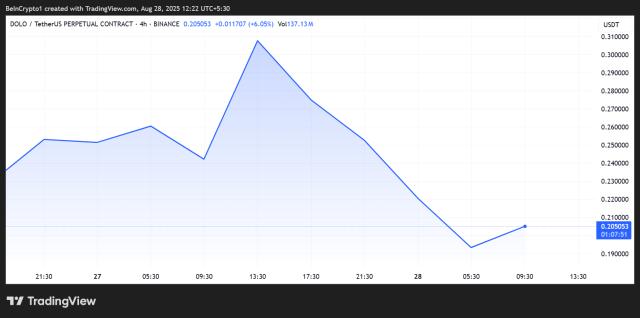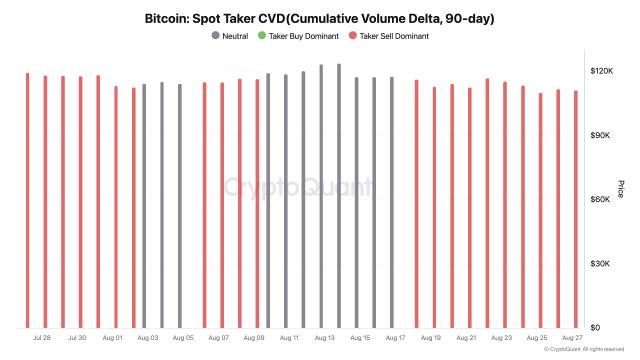The U.S. government has begun distributing macroeconomic data on public blockchains, following Commerce Secretary Howard Lutnick teasing the initiative's launch earlier this week.
In partnership with oracle protocols Chainlink and Pyth Network, the U.S. Department of Commerce has brought six key indicators from the Bureau of Economic Analysis — including real GDP, the PCE Price Index, and real final sales to private domestic purchasers — onchain for the first time, enabling use cases in DeFi, prediction markets, and tokenized assets.
The data is updated monthly or quarterly and is initially available on ten blockchains: Arbitrum, Avalanche, Base, Botanix, Ethereum, Linea, Mantle, Optimism, Sonic, and ZKsync, with more to be added based on demand, Chainlink stated in a blog post. In a press release, the Commerce Department said the data would be distributed via Bitcoin, Ethereum, Solana, Tron, Stellar, Avalanche, Arbitrum, Polygon, and Optimism, and further disseminated through coordination with the oracles.
The approach involves anchoring a cryptographic hash of the data to the blockchains to ensure its integrity, designed to create another avenue for publishing economic data rather than a replacement.
The Commerce Department also said crypto exchanges Coinbase, Gemini, and Kraken helped facilitate the publishing, with Bloomberg reporting it used the platforms to purchase cryptocurrency required to cover blockchain transaction fees.
"It's only fitting that the Commerce Department and President Donald Trump, the Crypto-President, publicly release economic statistical data on the blockchain," Lutnick said on Thursday. "We are making America's economic truth immutable and globally accessible like never before, cementing our role as the blockchain capital of the world. And everybody has to admit that 3.3% GDP growth is impressive."
The integration of blockchain technology into economic data management is just one of many crypto advancements under the Trump administration. Others include promoting dollar-backed stablecoins to bolster the dollar's global reserve status.
Earlier this year, under billionaire Elon Musk, Trump's Department of Government Efficiency also looked into using blockchain to cut costs and improve government transparency.







